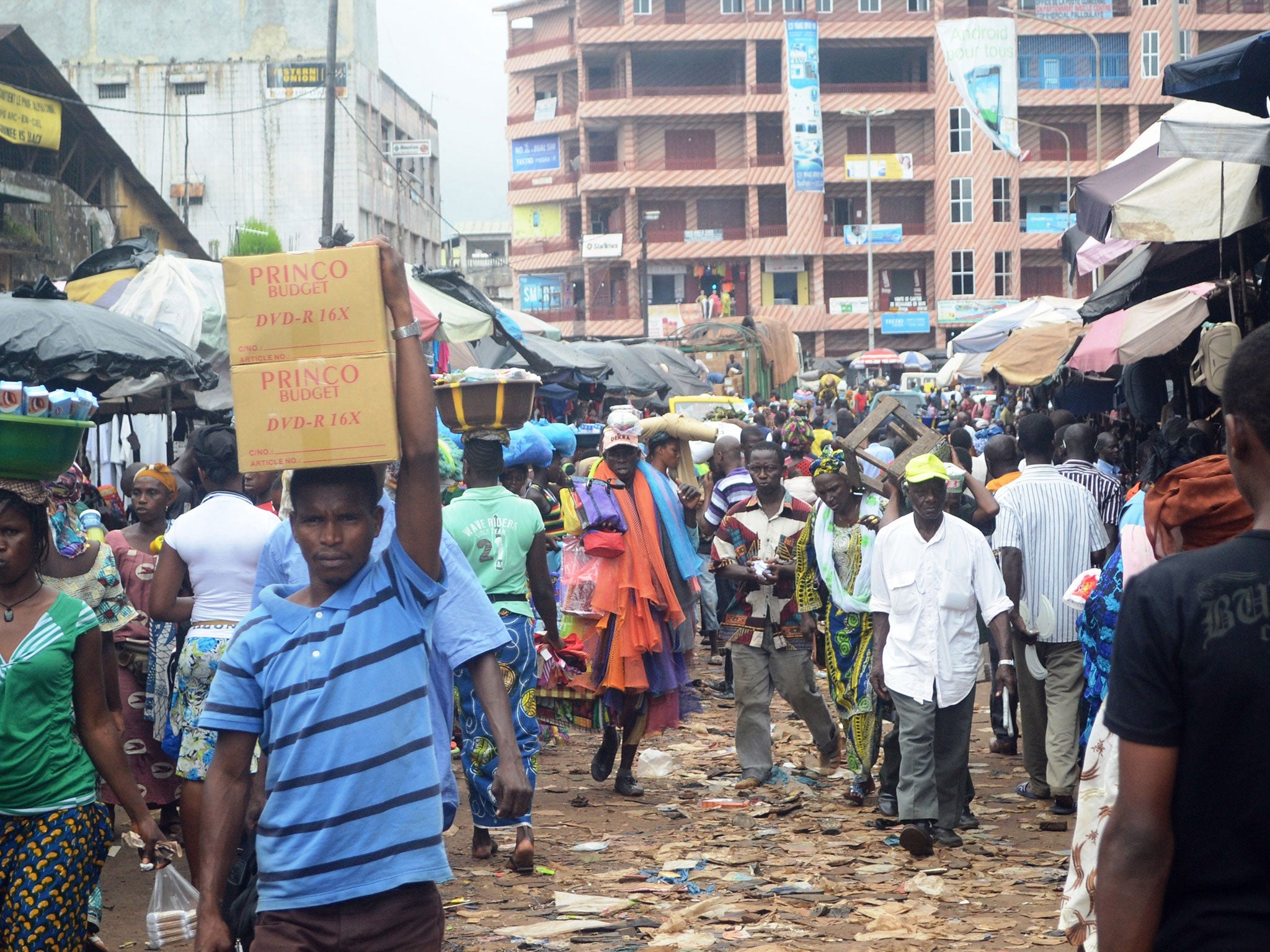Guinea stampede kills 24 during concert on beach
Tragedy occurred during celebrations to mark the end of Ramadan

Your support helps us to tell the story
From reproductive rights to climate change to Big Tech, The Independent is on the ground when the story is developing. Whether it's investigating the financials of Elon Musk's pro-Trump PAC or producing our latest documentary, 'The A Word', which shines a light on the American women fighting for reproductive rights, we know how important it is to parse out the facts from the messaging.
At such a critical moment in US history, we need reporters on the ground. Your donation allows us to keep sending journalists to speak to both sides of the story.
The Independent is trusted by Americans across the entire political spectrum. And unlike many other quality news outlets, we choose not to lock Americans out of our reporting and analysis with paywalls. We believe quality journalism should be available to everyone, paid for by those who can afford it.
Your support makes all the difference.At least 24 people are believed to have been killed in a stampede in Guinea, during a celebratory concert marking the end of Ramadan.
Guinea’s Presidency has declared a week of mourning in light of the incident, which it has called a “tragic drama”.
The concert was held at a beach in the Ratoma neighbourhood of Guinea’s capital, Conakry, where Guinean rap group Instinct Killers were playing to celebrate the end of the Muslim holy month.
It is not known why the stampede occurred on Tuesday.
A statement from the Presidency noted some deaths but would not confirm the number of deaths. It said: “While waiting for the results of an investigation, information from health and security authorities indicate deaths and several injuries.”
AFP quoted Guinean hospital officials on the number of people killed, with 13 of the deaths believed to be girls, and quoted police sources who said dozens of people were injured.
The incident occurred at a time when health workers are already stretched by the outbreak of Ebola, which was first detected in Guinea in February. The deadly tropical virus has since spread to Liberia and Sierra Leone.
Join our commenting forum
Join thought-provoking conversations, follow other Independent readers and see their replies
Comments